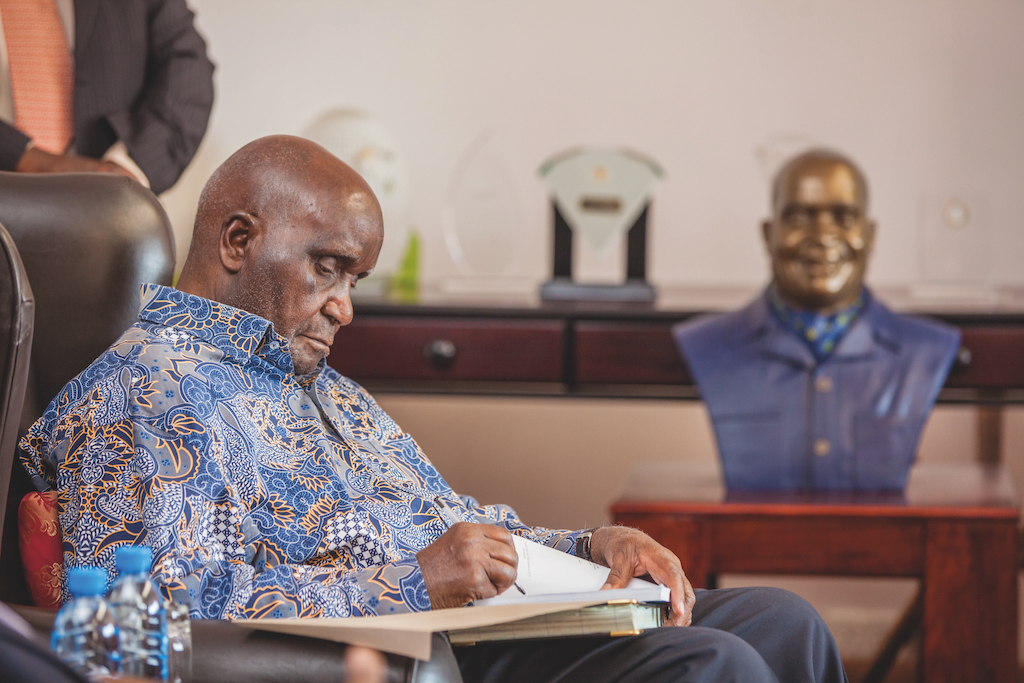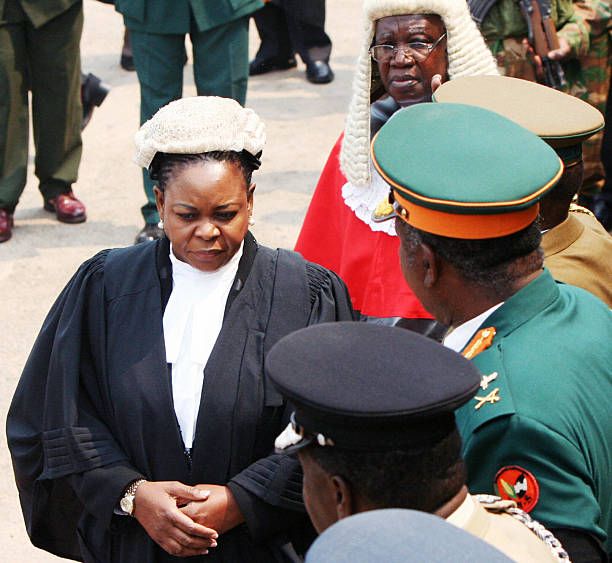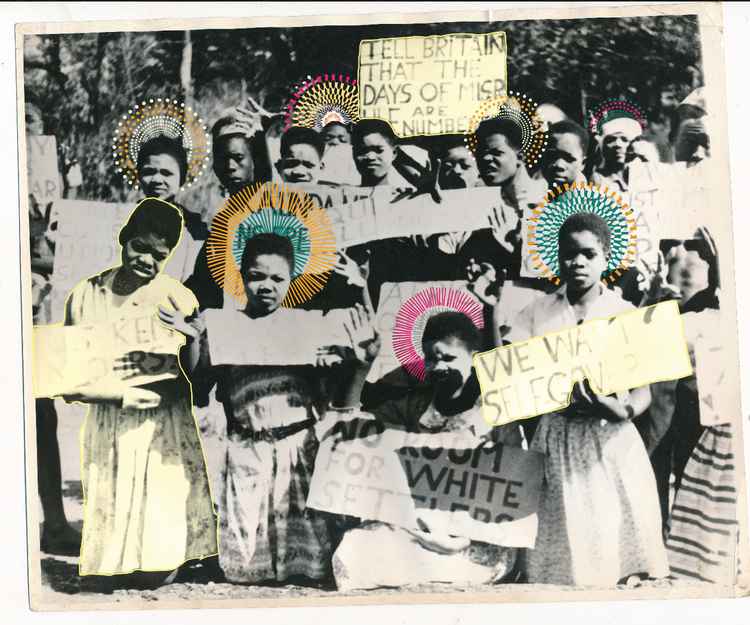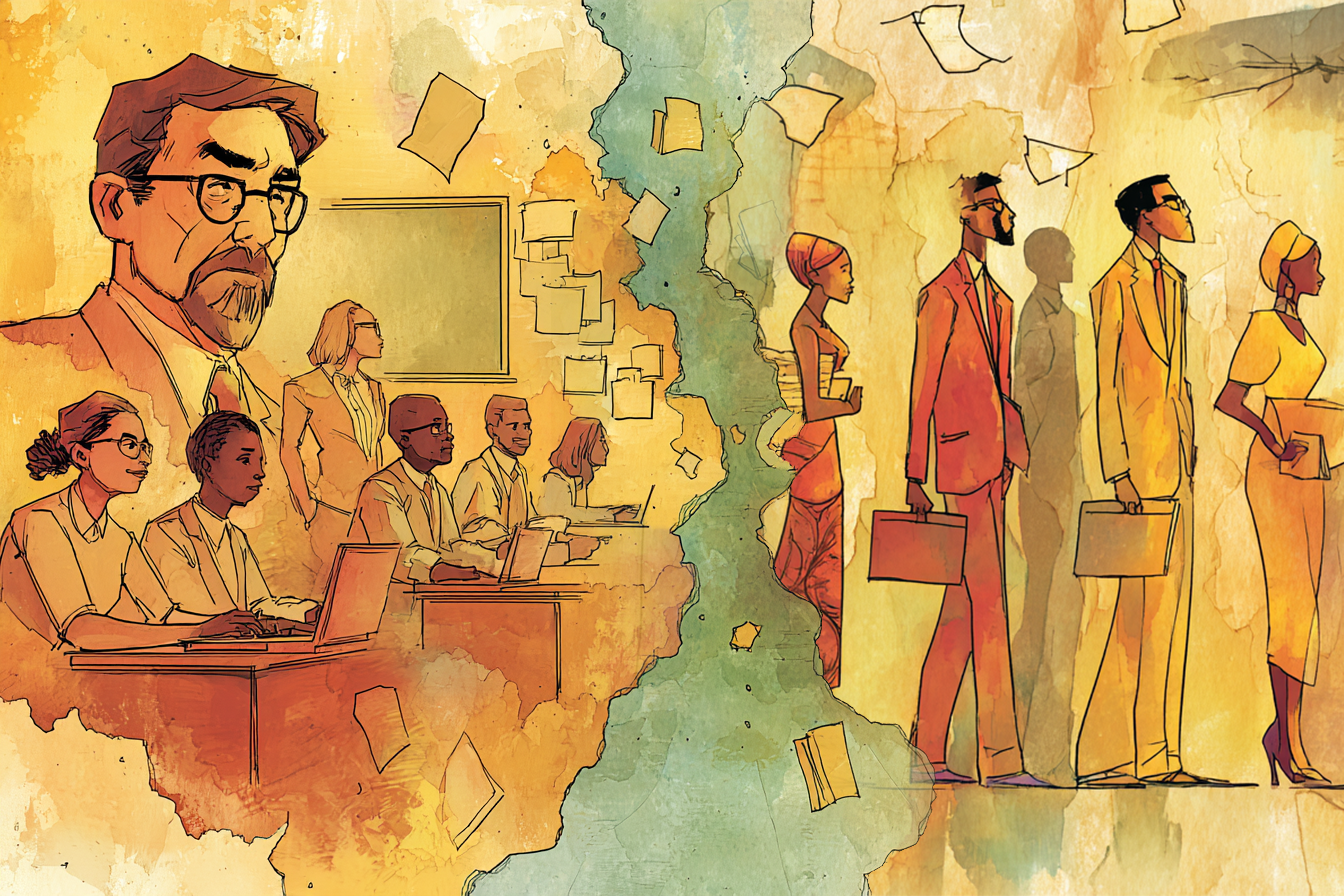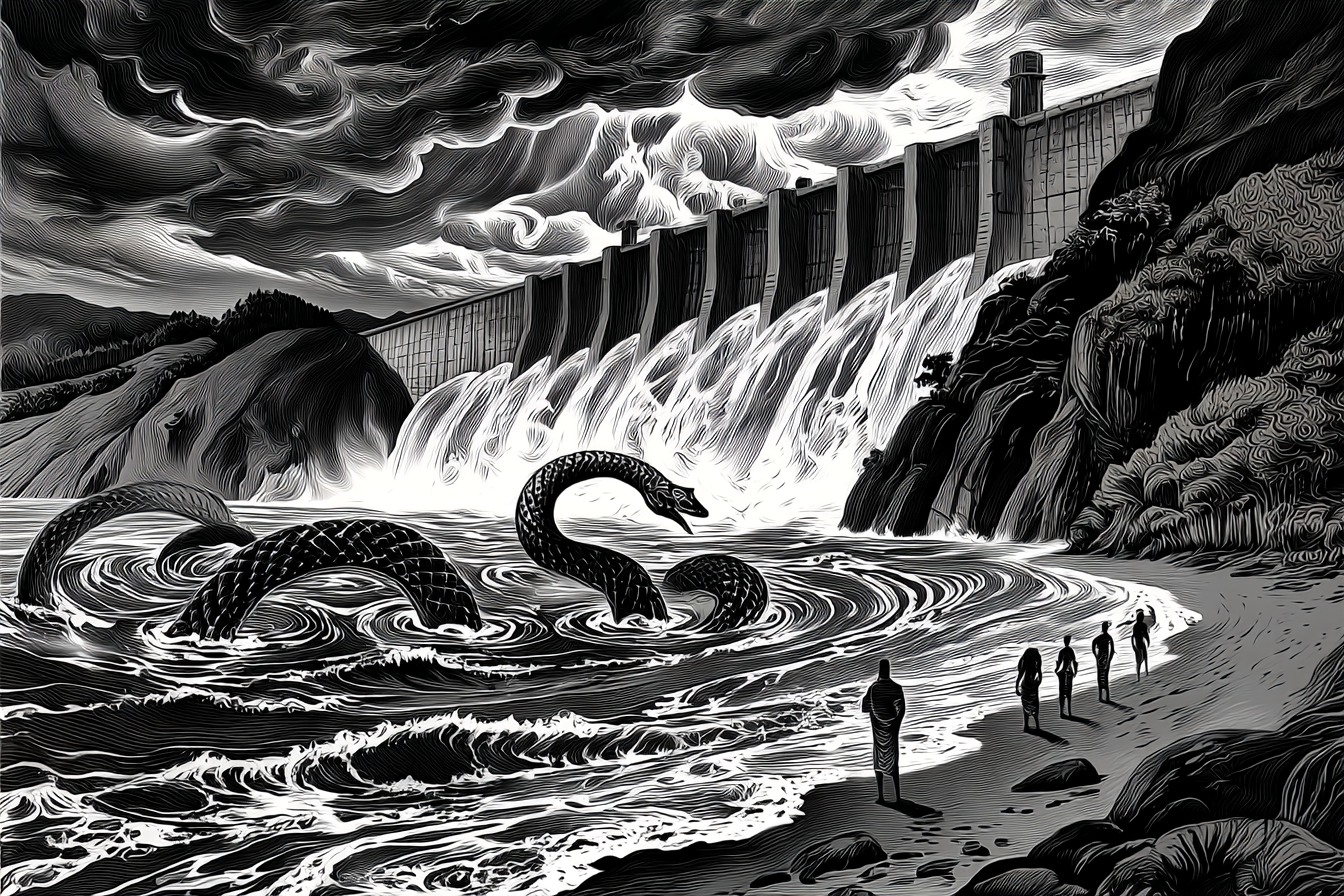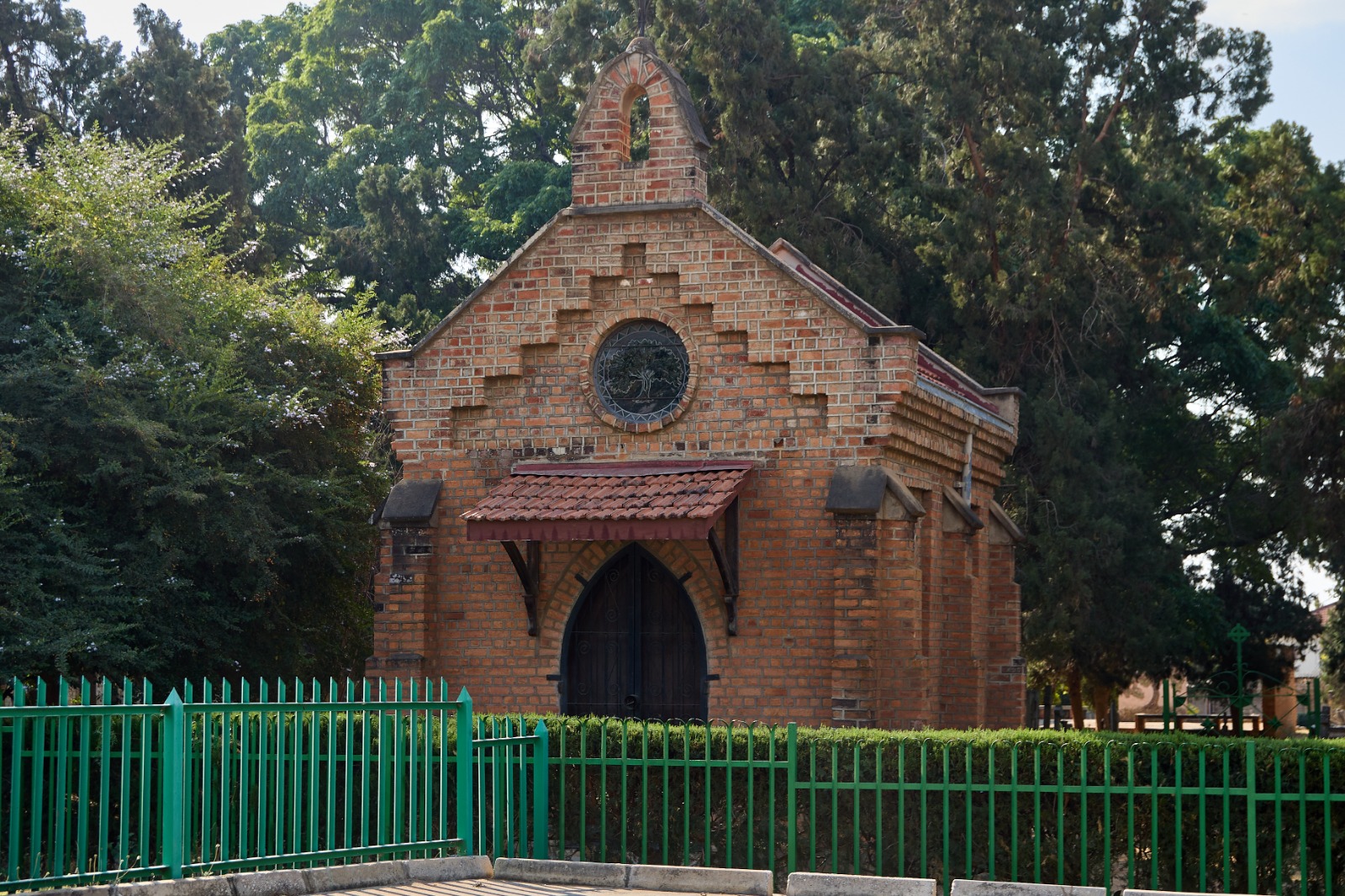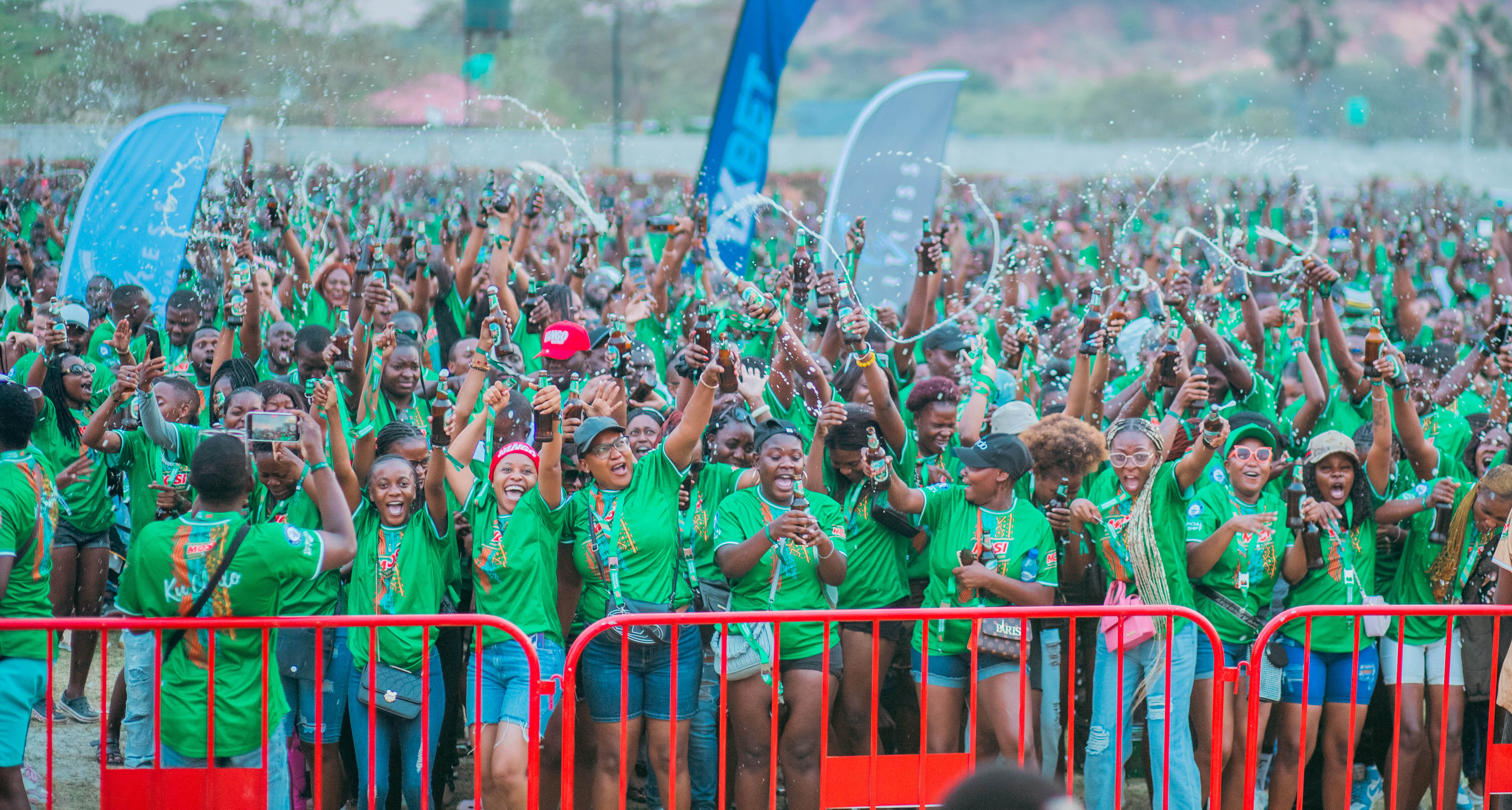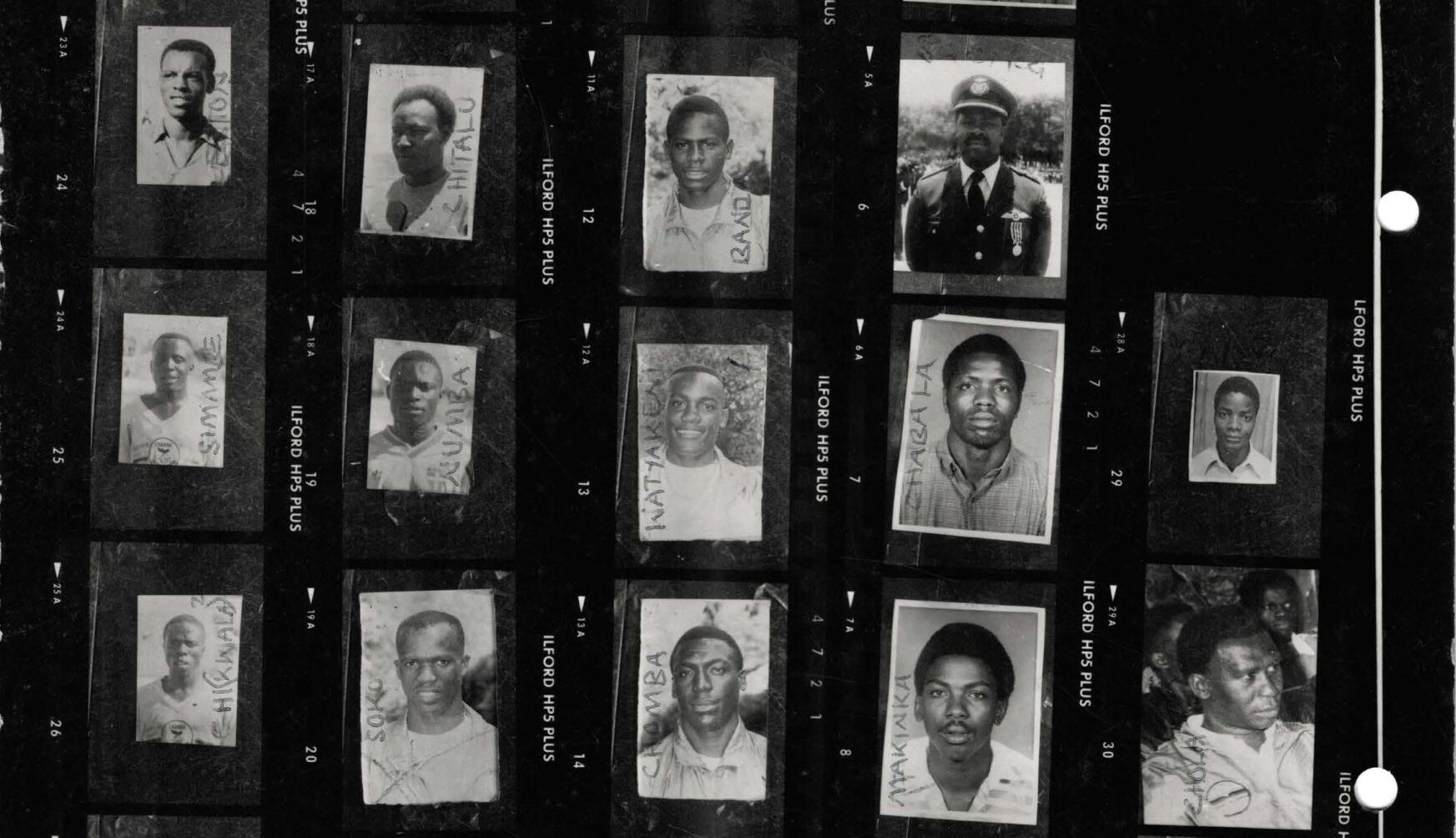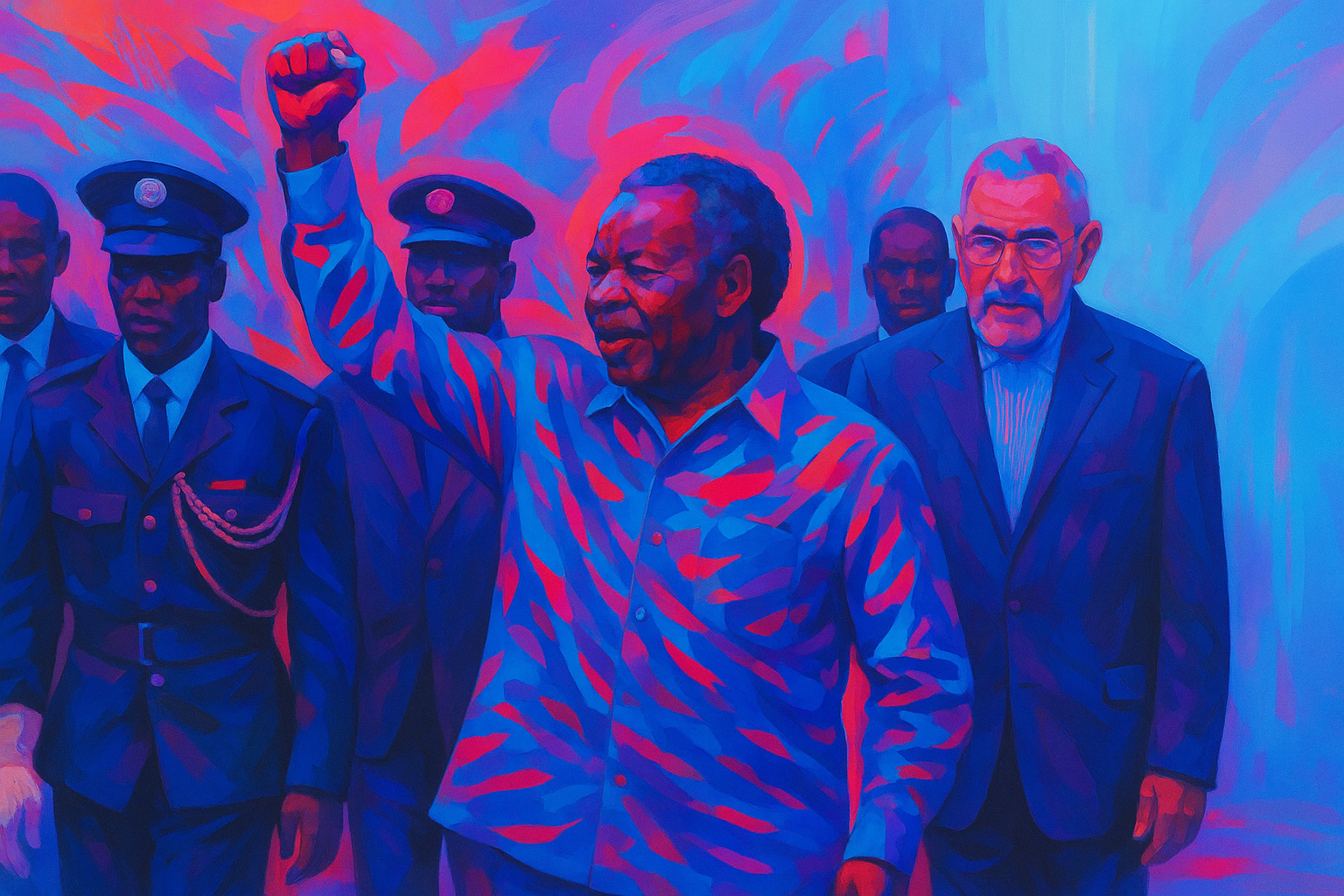Beyond his persona of freedom fighter and respected statesman, what is Dr Kenneth Kaunda like? Read on for unique insights from two of his children.
Kenneth David Kaunda is known as many things: freedom fighter, first president of Zambia, veteran politician, one of Africa’s most respected elder statesmen, skilled mediator and father of the nation. Kaunda took on the role of president as a hero but to Musatilanji Kaunda Banda and Kaweche Kaunda he was simply dad. Musatilanji, shortened to Musata, who is the seventh child was born after six boys, and is the first daughter of Kenneth and Betty Kaunda. Kaweche is her immediate older brother.

Musata describes Kaweche as the storyteller of the family. He lived up to the title, regaling us with several stories from their time growing up with their father as head of state. One was a story of when Kaweche saved a classmate who nearly drowned during a school trip. His grateful headmaster gave Kaweche a letter to deliver to his father, detailing what his son had done. A proud KK, as his father is affectionately called, congratulated Kaweche for saving his classmate’s life and also told some of his colleagues in government what had happened. His colleagues implored Kaunda to publicly award Kaweche with a medal, a practice used to acknowledge various achievements back then. Kaunda was firmly against this and told them, “No, I can’t give him a medal. As my son I expect nothing less than what he did.”

Though Kaweche and Musata say their father was strict and held them to high standards they also note that he is a fair and loving father. Kaunda’s book, Letter to my Children, begins with a “public apology” to his children for putting his political career before his family at times. Understandably, being a freedom fighter and then president leaves precious little time for family. However, his children understood the pressures and expectations on their father and they knew that he was doing important work. Kaunda did his best to make sure his children knew they were loved despite everything else that was happening. “We didn’t see our father as much as we would have liked to when we were growing up but we began to understand why this was the case. He always made sure that we knew we were loved even if he wasn’t there with us all the time,” Musata reflects.
Musata adds that their mother sometimes had to play the dual role of mum and dad, which wasn’t easy, but she was up to the task. From being a pillar of support among the families of freedom fighters to ensuring that everything from day to day activities and events at State House ran smoothly, she took on a variety of roles.
Holidays to the South Luangwa and other locations in Zambia served as vital bonding time. During game drives Kaunda would teach his children the names of the animals in Bemba and later test their knowledge. Another family holiday spot was Kasaba Bay on the shores of Lake Tanganyika. The family rarely went on holidays abroad and this was no coincidence. Kaunda wanted his children to explore their country.He loves Zambia and its wildlife and wanted to instill the same love in his children. When the family went on holiday outside of Zambia it was often at the invitation of other great African statesmen such as Samora Machel, Jomo Kenyatta and Julius Nyerere.

Whatever time constraints there were Kaunda did his best to instill his values in his children. It wasn’t typically by sitting them down to lecture them; he and his wife led by example. The Kaunda children were always reminded not to think of themselves as better than anyone else just because of who their father was. They were sent to ordinary boarding schools around Zambia so as to ensure they got to mix with people from varied backgrounds.
For Kenneth and Betty Kaunda it was essential that their children knew and appreciated their family roots and cultural heritage. One way of making this happen was ensuring they spent time in the villages of their grandparents on both sides of the family. Musata recalls undergoing a traditional initiation for a month along with her younger sister Cheswa. Kaweche adds that a hut was built on the grounds of State House specifically for their initiation. This is an example of how the Kaunda children were encouraged to never forget their culture and traditions, no matter what setting they were in.
Musata and Kaweche are clearly proud of their dad and admire “the old man,” as they often refer to him. When asked what she is most proud of Musata says, “I’m proud of his tremendous achievements. I am proud that he has become the father of the nation. I admire his humility. He has a love for people and a love for God. He handed over power in a peaceful way and that is admirable.”
The fact that Kaunda has made an impact not only in Zambia but also in the region, is a source of pride for Kaweche. He recalls several times he has heard positive things said about his father while on trips outside the country. This has often happened in cases where people did not know who Kaweche is.
Despite feeling proud of his father’s achievements, Kaweche is not so concerned about whether his father has been given the recognition he deserves. “What we’ve been brought up to know is that what he was doing wasn’t for recognition. It wasn’t so that he can be rewarded later.” He goes on to say that his father has a strong sense of self and a clear understanding of what his mission was. As such, Kaunda does not feel the need for external validation.
Musata approached the issue of recognition differently. “After 1991, I didn’t feel like he got enough recognition but this has changed over time. The naming of the international airport after him, among other accolades, is such an honour for us as a family. But it is very important to remember that he was not alone in the fight for freedom. There were many freedom fighters who also fought very hard, and even lost their lives for the cause to liberate the united country we have today.
After independence he continued with his fight for the decolonisation of the whole of Africa, with the help of the Frontline States, for the release of the late Nelson Mandela. I appreciate President Mandela flying out here to thank the old man.” (After his release from prison, Mandela’s first international trip was to Lusaka, a testament to the role Kaunda played in his release. Lusaka served as a home for many South Africans in exile and headquarters of the African National Congress for 22 years.) Kaweche adds that most people do not realise that Kaunda chose to support the fight against apartheid in South Africa even when some of his colleagues were against him doing so.
According to Musata, “Dad’s primary concern was always how his actions would affect the people of Zambia.” In a country with complex tribal alliances this meant maintaining a balancing act and not favouring any tribe over another. This she believes is partly why Zambia has never experienced civil war, unlike several other African countries. She also adds that Kaunda’s Non-Alignment approach, which emanated from his pan-Africanist ideals kept Zambia from siding with either the capitalist West or socialist East.
As for Kaunda’s lasting legacy both Kaweche and Musata feel the facts speak for themselves. Historical records of what Kaunda did are out there and they will determine what his legacy will be ultimately. Musata goes on to say, “I do care what his legacy will be but history judges. And I think it’s very clear what the old man has done in this country.”
When I ask whether Kaunda cares about his legacy the answer is a strong and resounding “No” from both brother and sister. This is not so surprising considering his children have emphasised that he was simply focused on the job at hand, be it the fight for freedom in Zambia and the region or developing the newly independent Zambia. For a deeper understanding of the man and his personal philosophy Musata recommends reading his books. These include the aforementioned Letter to my Children, Zambia Shall be Free and A Humanist in Africa. She also recommends her mother’s biography, titled Betty Kaunda, for its insights into what life was like in colonial times.
This year Zambia celebrates 55 years of independence and it cannot be disputed that Kaunda was instrumental to the liberation of Zambia. So what does the man want for the country he fought so hard for? Without hesitation Kaweche and Musata tell me he wants a united and peaceful Zambia. In that vein, he wants an end to tribalism, something which has always irked him. When in power he made a conscious decision to have a diverse cabinet with people from several different tribes, Musata elaborates. She continues, “He strove for a peaceful Zambia. That’s why his slogan was ‘One Zambia, One Nation.’ We have been at peace for over 50 years. Zambia is used to peace and we must remain a peaceful nation.”
Images by Kalichi Pictures
